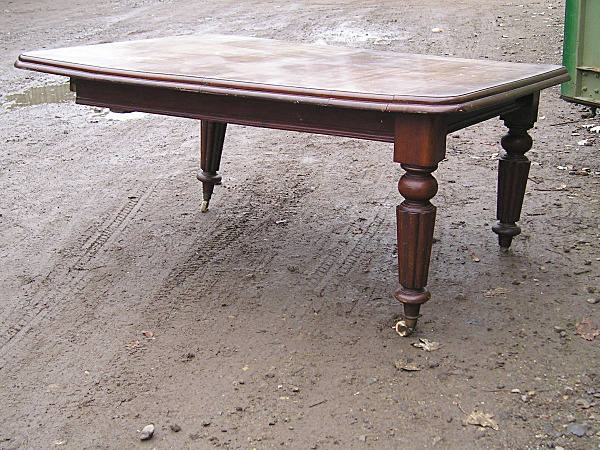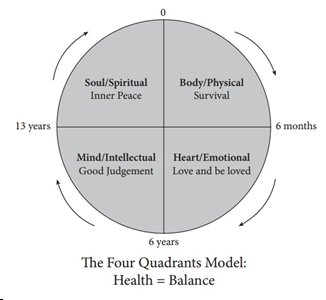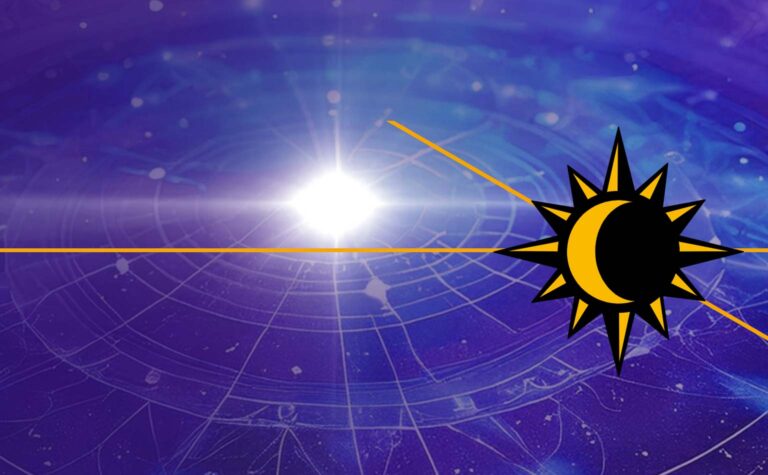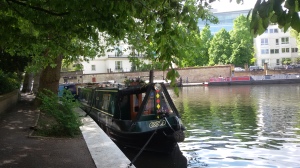According to Governmental, main-stream media and even some religious party-lines, we are ‘at war’ not just with Covid-19, but with death itself. Of course, it is essential to take responsibility for ourselves while the pandemic burns itself out, to pay homage to those working on the ‘front-line’ and to grieve those who have died. But it seems to me that this rhetoric is feeding on our fear of death as a way of controlling us – as it has done for centuries.
In my understanding, war occurs when conflicting sides lob bombs and fire live ammunition at each other. But I don’t experience death doing this to any of us. Recently, a wise friend said to me, ‘We don’t need to seek out death. Death does nothing. It just hangs out, waiting patiently for us to come to it.’

Therefore, death is not an aggressive, sly, cruel and brutal enemy. Rather it as a natural conclusion to our life experience, which everyone one of us will meet at some point, whether through a pandemic, sudden or violent death, taking our own life, chronic disease or plain old age.
This is not about denying the fear of death nor the pain of grief and loss. But it is recognising that death, grief and loss have been part of the human condition since Homo Sapiens turned up around 39,000 years ago. We are programmed to want to live, just as we are programmed at some point to die – and this dance with life and death starts the moment we take our first breath at birth. Pandemics have accompanied us through our human evolutionary process because, along with other virulent diseases and natural disasters, they are nature’s way of showing us who’s boss.

In my experience of speaking to many people who come to Death Cafes, those who accept their mortality exude a sense of synergy and integration with the world. They see the dramas of life for what they are, and, rather than getting drawn in, they shrug a shoulder instead and continue to engage in something that gives them meaning and purpose while they still have breath in their body. However, when we refuse to accept our mortality, it’s a bit like living life as a table with a missing leg. Denial and fear of death make for a very wobbly existence.
‘If we can’t live, how can we die?’
I understood this when I began training as a Life, Death and Transition facilitator 30 years ago with the Elisabeth Kubler-Ross Foundation. Elisabeth was a Swiss psychiatrist and one of the first doctors to recognise the spiritual and emotional needs of dying patients. She introduced her theory of the five stages of grief in her ground-breaking book, On Death and Dying, which became a definitive guide for anyone working with the dying, for relatives of the dying and for the dying themselves.
Her end-of-life work looked at the profound lessons that death, grief and loss teach us about who we are, the fragility of life, and what we need to resolve so we can die at peace. She famously said, ‘If we can’t live, how can we die? If we can’t die, how can we live?’ She also said, ‘You can’t help anyone else until you have dealt with your own shit first.’
The EKR Four quadrant model
During my training I was introduced to Elisabeth’s four-quadrant model, which explains how we all possess the innate ability to create wholeness in our life and to accept the inevitability of our death with grace.

Physical quadrant
Our body provides our emotional, intellectual and spiritual quadrants with a home as we pass through this physical life. It enables us to experience our five senses and to interrelate with the physical world. Its purpose is to provide us with physical growth, health and security – we need our body to survive. When we are disconnected from our body, we develop many fears, particularly around physical harm. When we feel comfortable in our body, we develop inner security.
Emotional quadrant
Neuroscience now suggests that our emotional quadrant is influenced from inception. Emotions and feelings allow us to form healthy relationships. In order to thrive, we need to feel that we belong, we love, and we are loved. Emotional immaturity creates feelings of panic, fear and stress. A healthy emotional quadrant promotes self-love and self-respect.
Intellectual quadrant
The intellectual quadrant continues to develop until we are around 25 years old. It gives us the ability to think and reason in order to survive. We all have an instinctive need to know – to make sense of things so our life has meaning. Intellectual immaturity or distortion makes us feel stupid, dumb, inadequate – and even mad. A healthy intellectual quadrant gives us good judgement, discernment and to turn what we learn into wisdom.
Spiritual quadrant
Elisabeth considered that our spiritual quadrant develops around adolescence. Its function is to connect us with our intuition and who we really are. It also enables us to reflect on the deeper questions of life and to the sense that we are part of something far greater than just ourselves. Spiritual numbness or denial can lead to confusion, a lack of fulfilment, disconnection, emptiness and loneliness. Spiritual maturity generates acceptance, inner peace and wellbeing.
Faith and unknown mystery
Most of us, I imagine, will readily connect with our physical, emotional and intellectual quadrants. But some of us may not identify with a spiritual quadrant. I certainly had no idea that I had a spiritual quadrant until I began to engage with Elisabeth Kubler-Ross’ teachings on accepting my mortality as an essential way to make peace with my life and my death.
Yet I also believe that developing our four-quadrants requires faith in unknown mystery. The word faith brings up strong reactions in many people who have been scarred by religious dogma or abused by those in religious authority. However, for me, the word faith is about being connected to something far greater than us, which, when we allow it, guides us along our earthly journey.
I would argue that without faith in unknown mystery we have no ritual. Without ritual we cease to experience the sacredness of life. Without the sacredness of life, fear of the unknown – especially death – becomes the filter for how we experience life.
I have heard so many people say (and I include myself in this too) that they do not want to return to life as it was after this pandemic is over. If this is really true, we need to start making friends with our mortality so we can introduce reverence and respect back into every facet of what it means to live on this planet. This is truly a chance to become proud of our mortality and the gift of life it is giving us.
Time to prepare
Part of this process is taking responsibility for our death. This time of seclusion is the perfect opportunity to do just that even if death is still years (or not) away so we don’t leave an unnecessary mess behind. Here are some practical pointers for you:
- Write a Will to show your family and friends you accept your mortality.
- Make an Advance Directive, stating your end-of-life wishes. If the wording is correct and the document is witnessed, it may be regarded as a legal document. It also needs to be registered with your GP (sometimes they will want to discuss it with you). Medical staff will consult your Advance Directive and take note of your wishes if you are not in a fit state to communicate them yourself.
- Appoint a Lasting Power of Attorney (LPA) while you are still mentally able. There are two types: health and welfare and property and financial affairs.These legal documents pass on responsibility for your health and wellbeing and financial affairs to someone you trust when you are no longer able deal with them.
- Tell your family that you want to have a conversation about your funeral. How will they know what you want if you don’t tell them?
- Clearing out your loft, garage and cupboards! Someone’s got to do it.
Now, get ready to dance and cry with joy!
Finally, to remind you of the joy of your mortality and all the GREAT things that are happening right now around the world, treat yourself to this uplifting song, To the Mountain Top , created by those living in the beautiful Taos Pueblo, New Mexico :https://m.youtube.com/watch?v=cpVzrleTYuU






1 comment